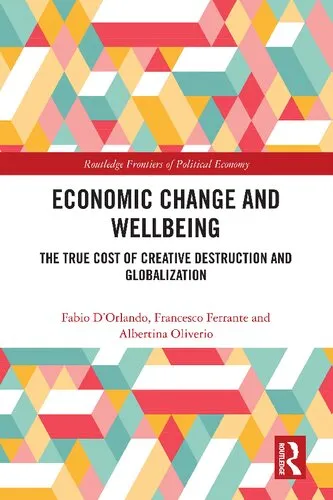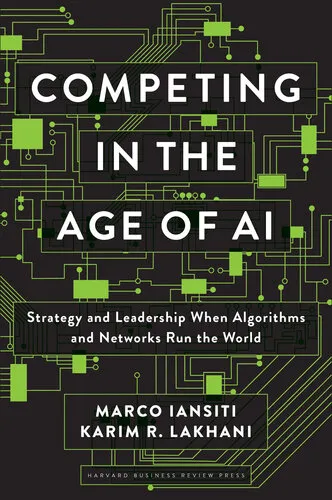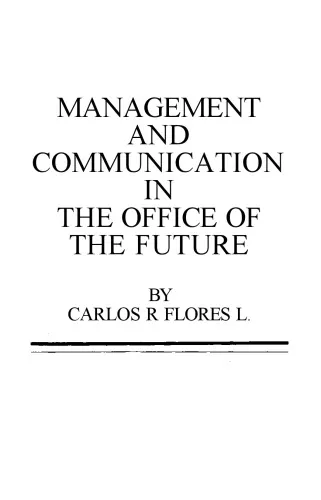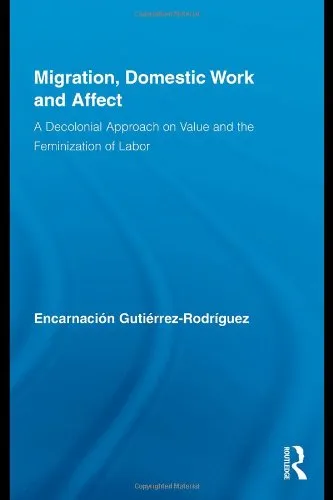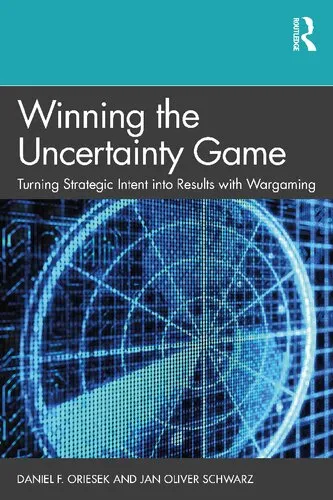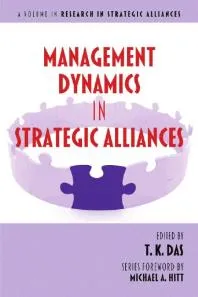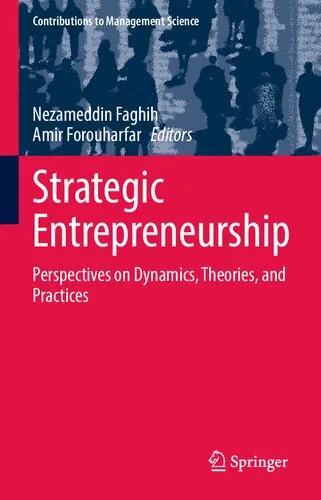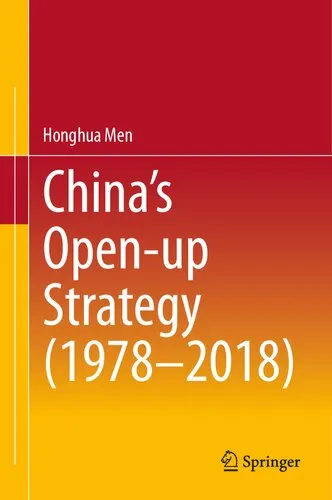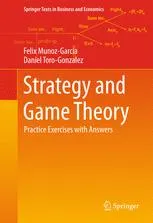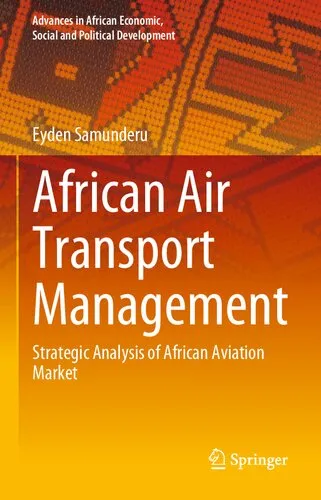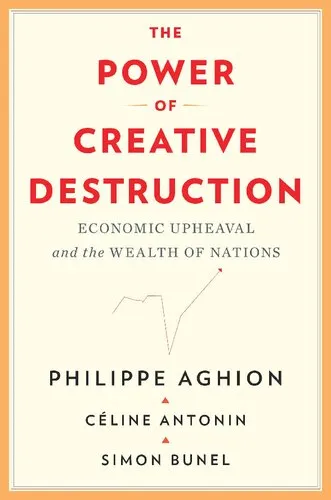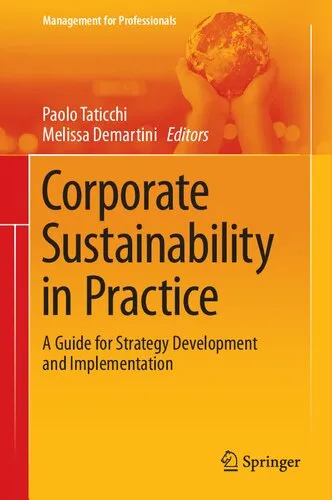Economic Change and Wellbeing: The True Cost of Creative Destruction and Globalization (Routledge Frontiers of Political Economy)
4.7
Reviews from our users

You Can Ask your questions from this book's AI after Login
Each download or ask from book AI costs 2 points. To earn more free points, please visit the Points Guide Page and complete some valuable actions.Related Refrences:
Welcome to an insightful exploration of economic evolution and its profound impact on societal wellbeing through our compelling book, "Economic Change and Wellbeing: The True Cost of Creative Destruction and Globalization" from the Routledge Frontiers of Political Economy series. This work meticulously examines the intricate variables influencing prosperity, dissects the often-overlooked ramifications of economic transformation, and offers a well-rounded view on the phenomenon of globalization.
Detailed Summary
In this book, we delve into the intricate relationship between economic change and human welfare. The narrative is structured around three pivotal themes: creative destruction, globalization, and their concomitant effects on wellbeing. These concepts are central to understanding the forces that drive economic progress and the price that society pays in the pursuit of growth.
Our approach commences with a historical overview of economic theories related to growth and development. We trace the intellectual lineage of creative destruction, a concept famously associated with Joseph Schumpeter, which describes the incessant cycle of innovation and obsolescence as fuels for economic advancement.
The book then shifts focus towards globalization, chronicling its rise as an inevitable force reshaping borders, economies, and lives. We illuminate the benefits it has spawned, such as increased connectivity and economic opportunities, while also critically examining its pitfalls, including inequality and cultural erosion.
A critical part of our study is devoted to assessing wellbeing. By integrating economic analysis with psychological and sociopolitical perspectives, we aim to evaluate how people perceive and experience economic changes. This approach provides a nuanced understanding of whether economic growth translates into improved living standards and happiness.
Through empirical evidence and case studies, the book paints a comprehensive picture of how dynamic economic shifts influence everyday life and societal structures, questioning prevalent narratives and proposing pathways for sustainable and inclusive growth.
Key Takeaways
- Recognition of the dual nature of creative destruction as both a driver of innovation and a disruptor of livelihoods.
- Comprehensive analysis of globalization’s advantages and detriments, offering a balanced perspective on its role in modern economies.
- Introduction of holistic frameworks for assessing wellbeing beyond traditional economic metrics like GDP.
- In-depth exploration of policy implications, underscoring the necessity for strategies that mitigate adverse effects of economic transitions.
Famous Quotes from the Book
"True economic progress is measured not just by the wealth it generates, but by the lives it enriches."
"The winds of globalization have carried many to prosperity yet left just as many in their wake."
"In our quest for growth, we must not forget the fabric of society that binds us: wellbeing."
Why This Book Matters
In an era marked by unprecedented economic dynamism, this book serves as a crucial guide for policymakers, economists, and the public to comprehend the broader implications of economic change. It challenges readers to question the traditional metrics of economic success and consider the true ultimate goal of growth—enhancing collective wellbeing.
By bridging the gap between economic theory and real-world impacts, "Economic Change and Wellbeing: The True Cost of Creative Destruction and Globalization" fosters a dialogue about the future of global economies and the kind of societies we strive to build. This book attributes significant importance to inclusive policy formulation and encourages scholarly debate on forging paths to economic systems that prioritize equitable progress.
Free Direct Download
You Can Download this book after Login
Accessing books through legal platforms and public libraries not only supports the rights of authors and publishers but also contributes to the sustainability of reading culture. Before downloading, please take a moment to consider these options.
Find this book on other platforms:
WorldCat helps you find books in libraries worldwide.
See ratings, reviews, and discussions on Goodreads.
Find and buy rare or used books on AbeBooks.
1412
بازدید4.7
امتیاز0
نظر98%
رضایتReviews:
4.7
Based on 0 users review
Questions & Answers
Ask questions about this book or help others by answering
No questions yet. Be the first to ask!
